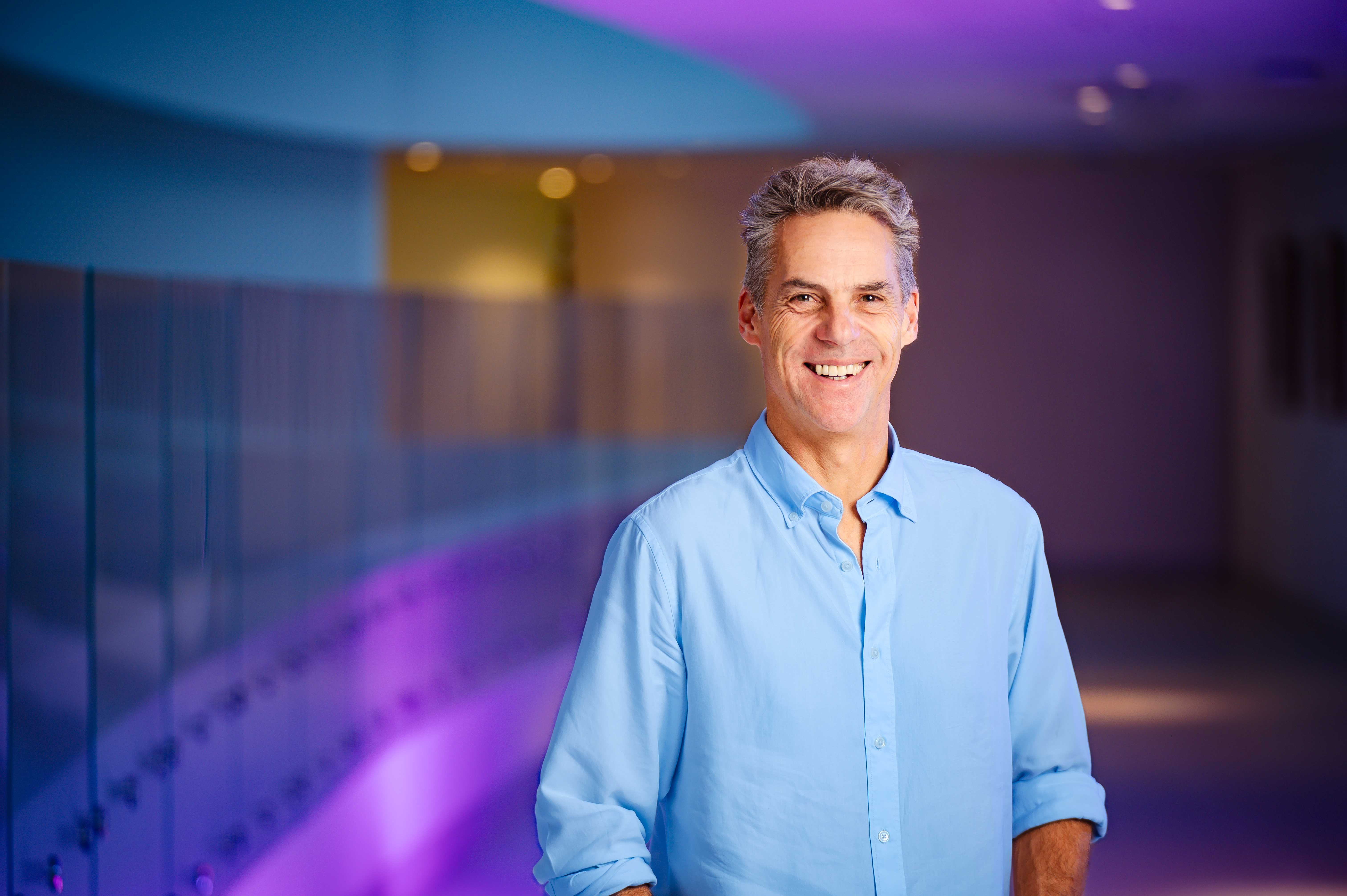Ricky Johnstone Q&A

Ricky Johnstone
Executive Director Cancer Research
What are you researching in lay terms?
I study how genes are switched on and off, in the right time and in the right cells. This is called epigenetics and it controls how normal cells, including our immune cells develop and function. When the process of epigenetics goes awry, normal cell development is disrupted and this can result in cancer development and progression, and altered immune function.
What motivated you to come and work at Peter Mac?
I wanted to work in a really vibrant research environment and have the ability to translate my work into the clinic.
What drives you to achieve better outcomes for cancer patients?
Every day you come to work and you see our patients, their families and their carers. Playing even a small part in helping these people is hugely motivating. I'm also motivated by the scientific discoveries that are made in the various labs on a daily basis. Being embedded within a faculty where “great science” prevails is highly energising.
How will your research improve outcomes for cancer patients?
We test new drugs in pre-clinical models of cancer that we hope can then move through the translational pipeline to be tested in a clinical trial.
What do you like most about working for Peter Mac?
Peter Mac allows its staff and students to really push the boundaries of science. The people who work at Peter Mac are energetic, talented and they are provided with every opportunity to thrive in their given area of expertise. It's a very vibrant work environment.
Can you please detail how your research has used and benefitted from the core facilities at Peter Mac?
Put simply, my laboratory could not function without the Peter Mac core facilities. The access to state of the art technology and support from the terrific staff allows us to do really innovative science.
